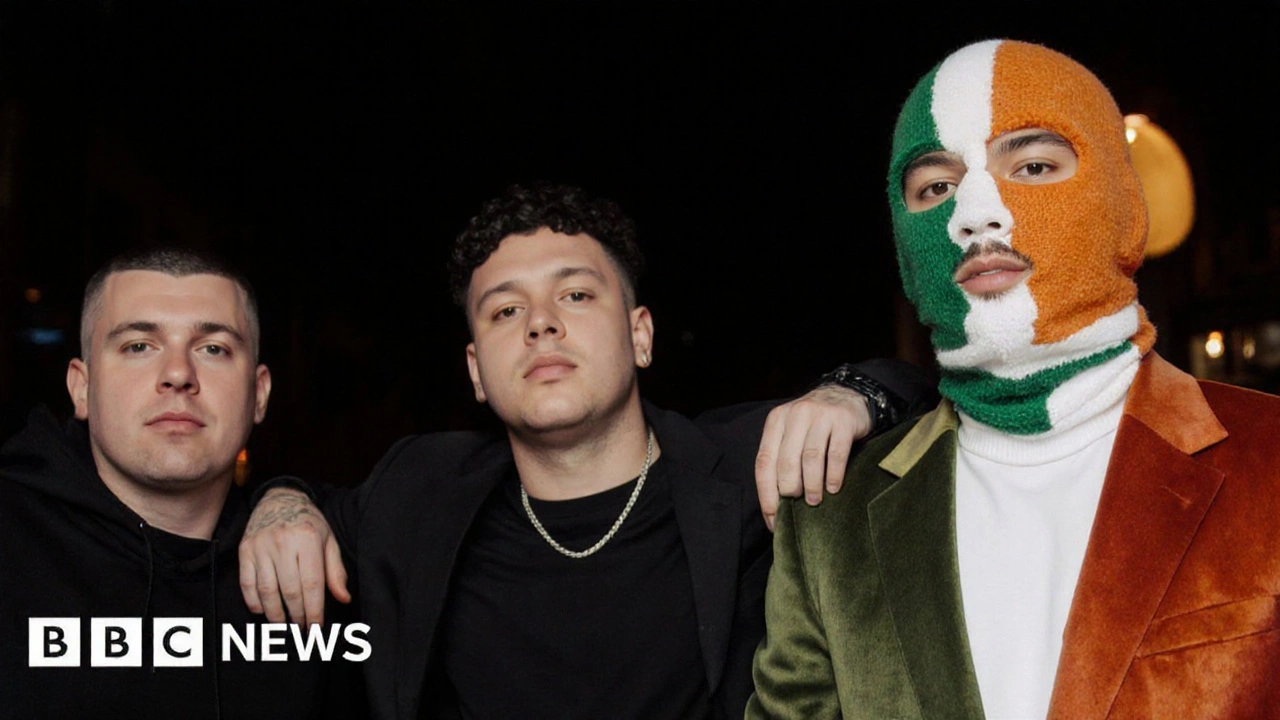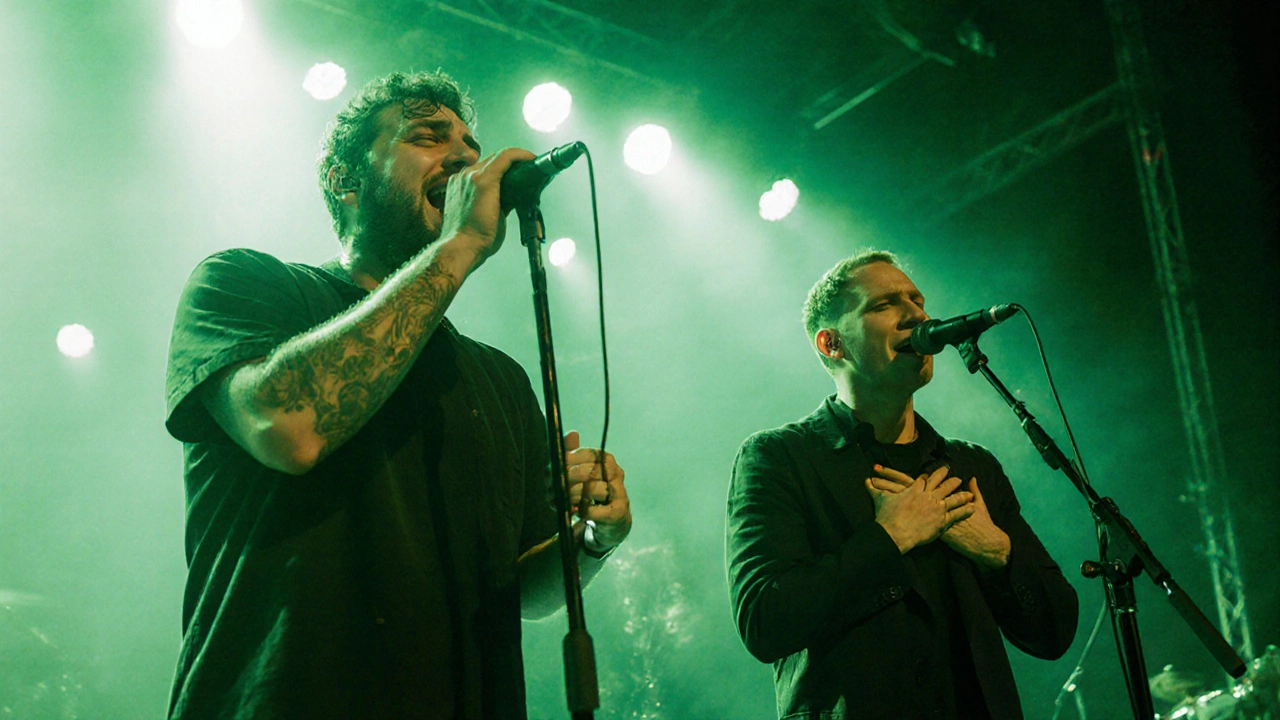Background and Political Pressure
When the Glastonbury 2025 lineup was unveiled, the inclusion of Belfast’s Irish‑language rap trio Kneecap set off a media frenzy. The group, known for outspoken pro‑Palestinian lyrics, had recently found frontman Mo Chara facing a terror‑related charge in Northern Ireland. That legal trouble, combined with their vocal support for the Gaza cause, attracted the ire of the UK government.
Prime Minister Keir Starmer, along with a coalition of Labour and Conservative MPs, publicly urged the festival’s organizers to drop the act. In a parliamentary briefing, Starmer warned that allowing the band to perform could be seen as “condoning extremist rhetoric.” The pressure escalated when several high‑profile newspapers ran front‑page stories demanding a boycott, framing the appearance as a political endorsement.
Emily Eavis, co‑organiser of the festival and daughter of founder Michael Eavis, pushed back hard. “Glas‑tonbury is a place where everyone is welcome, regardless of their political views,” she said in a press release. Her father, Michael, added a blunt retort: “If you don’t like the politics, you can go somewhere else.” Their stance turned the stage‑booking dispute into a test of artistic freedom versus governmental influence.

The Performance and Aftermath
On Saturday evening, the West Holts stage swelled to a sea of flag‑waving fans, many clutching Palestinian banners. Kneecap launched into a set that blended rapid‑fire verses with traditional Irish‑language hooks, peppered with incendiary references to the conflict in the Middle East. The crowd’s response was electric, with chants echoing across the field and dozens of live‑stream cameras pointed at the stage.
Unlike previous years, the BBC, Glastonbury’s official broadcast partner, announced just hours before the set that it would not be aired live. Instead, they promised an on‑demand version to be posted after the festival closed. The move was widely interpreted as a compromise – allowing the performance to happen while limiting its immediate reach.
Police officers in plain clothes moved through the crowd during the show, recording footage and taking statements. After the performance, both Kneecap’s set and a similarly charged set by grime‑punk outfit Bob Vylan became the focus of a joint investigation, looking for any breach of public order or potential encouragement of extremist activity.
The investigation has not yet resulted in any charges, but it signals a new level of scrutiny for festival acts that touch on hot‑button political issues. Organisers have reiterated that Glastonbury will continue to provide a platform for diverse voices, even as they navigate a tightening political climate. The ongoing probe, combined with the BBC’s cautious broadcast approach, suggests that future line‑ups may face even more rigorous vetting, blurring the line between cultural expression and national security concerns.
